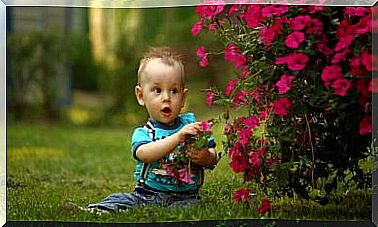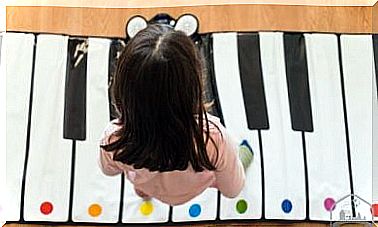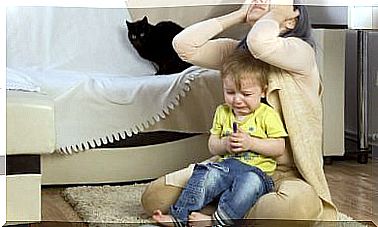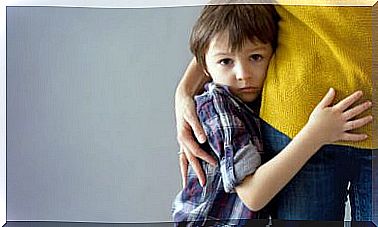How To Help 2 And 3 Year Olds To Talk?
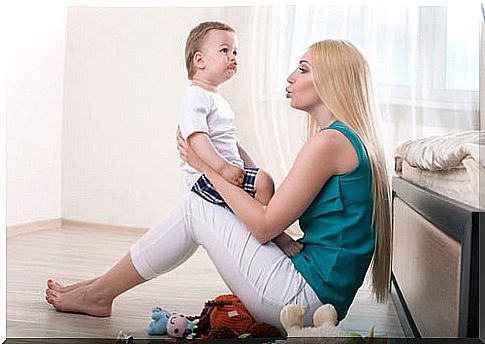
A child learns to speak because he develops among adults who communicate through articulate language. But sometimes the time for one child to start talking can take longer than for others. See what you can do to help your child. How to help children talk? The answer to this question, without a doubt, interests all mothers. But, before starting the post to clarify this question, we must first answer another question:
How is it possible that a child aged 2 or 3 still doesn’t speak?
We will respond little by little.
First, we must start with the principle of all principles…when the baby was still a fetus and was in the womb.
The importance of talking to the baby before birth
Despite the apparent disconnection from the world, a fetus is able to perceive and process external stimuli, especially auditory ones.
Initially, when it was a “seed” inside the belly, the voice reached the baby quite distorted. After birth he is able to recognize, above all, the vowels of the mother tongue.
Talking to the baby before birth stimulates auditory development; it expands the skills that, linguistically, he will present in his future development and reduces the chances of possible disorders in verbal language.
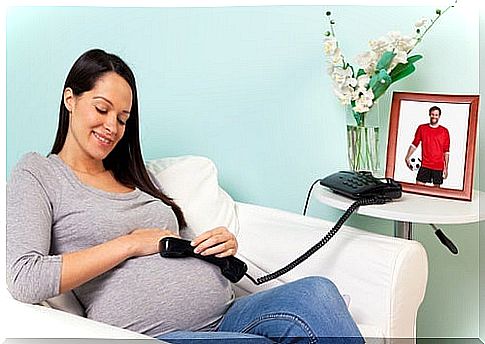
If you want to actively participate in your child’s auditory development, you should speak, read, and sing to your child while you are pregnant.
At the same time, if your child is a 2 or 3 year old “male” or “female” and still does not speak, there are many alternatives to encourage oral communication for these children.
First, however, you must make sure that your child does not suffer from any physical or mental disorders that make it difficult for them to develop their language skills.
4 disorders that make language difficult
Speech in children arises almost by instinct. It happens, in fact, through the imitation that the little ones make of the people around them.
Learning to speak is a process in which the child:
- emits phonemes
- can you say a few words
- Build complete sentences
After these steps, a child can be said to have learned to speak.
However, there are children who cannot go through these phases and reach 3 years of age without knowing how to speak correctly.
This inability can occur due to various disorders that make language difficult.
1. Simple language delay
Children with simple language delay do not use the same phonemes or use only some of the phonemes as other children of the same age. They have a delay in the use of phonemes and syntax, compared to other children of the same age group.
Fortunately, this disorder is easily corrected and is not a symptom of any psychic or physical impairment.
2. Hearing impairment
Deaf children or children with other types of hearing impairment, as they do not hear perfectly, cannot learn to emit sounds.
A very simple way to tell if your child has this disorder is to make a noise or call their name when they can’t see you. If the child does not turn to look at what is happening or to respond, it is because he is not hearing well.
3. Autism
Autism is a developmental disorder that clearly appears in oral communication. Autistic children have specific alterations in language and, for them, it is almost impossible to make themselves understood.
4. Child stress
Children who suffer from childhood stress may have language difficulties. This disorder, regardless of origin, combined with lack of affection, lack of attention and dedication negatively affect the development of lexical ability.
our advice
A 2- or 3-year-old child, even if he hasn’t mastered many words yet, should at least speak fluently; have a vocabulary broad enough to express your thoughts and feelings; be able to ask them to meet your needs and solve your problems. She must pronounce words similar to the ones we use.
If your child is unable to express himself, consult a trusted doctor, psychologist, speech therapist, logopaedist (professional who treats speech disorders), child neurologist… seek specialized help.
How to help 2 and 3 year olds to speak?
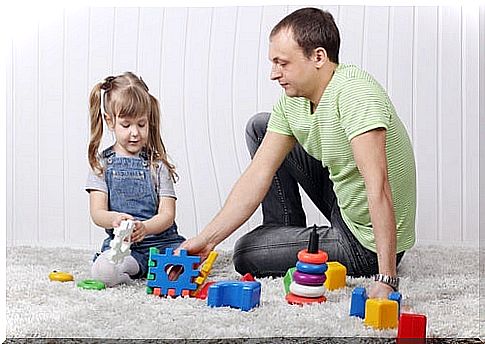
A child without language disorders or physical or mental impairment, such as those explained above, will sooner or later learn to speak. However, we can encourage them to make the words appear faster.
How to help children 2 and 3 years old to talk?
The answer to that question is simpler than it seems:
Through games.
How to help children speak with vowel games
Vocal games help babies make sounds. As these activities involve sounds, they serve not only to encourage incomprehensible babbling, but also to reinforce language development.
Through games, children aged 2 and 3 develop both physical and mental skills. These exercises are designed to encourage learning as well as fun for the little ones.
Then we explain two vowel games
- How to Help Children Talk with Sound Translator Game
This exercise is very simple. It consists of imitating the same sound heard and naming the object, animal or element in question.
For example:
If a dog barks, we must imitate the dog’s bark and tell the child the word: dog. We can also say: the dog, a dog, puppy…
- How to help children talk with the game of not knowing
In this game the adult must pretend not to understand what the child wants.
If parents are always ahead of their children’s responses, children will never feel the need to talk.
For example:
When a child wants to drink water and just say “there”, “this” or point with a finger, as he is used to doing, the parents should not immediately give him water. The game of not knowing consists in asking several times what the child needs. After asking a few times, we give him water to drink and repeat the word: water.
“Find out about other games applied to daily activities and games for oral language”
Keep in mind our recommendations. Be a better mom every day.

